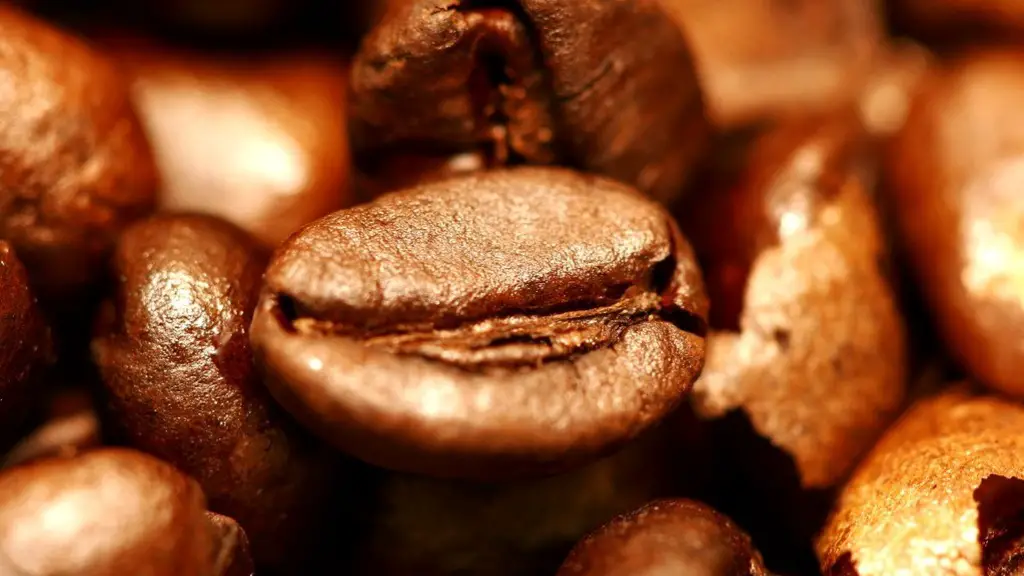Diverticulitis is a painful condition of the digestive system. It occurs when small pouches, called diverticula, become inflamed and infected. While it can be treated with medications and dietary changes, many sufferers wonder if they can drink coffee while having diverticulitis.
Caffeine is a stimulant that can have a diuretic effect, increasing the amount of urine output. Since diverticulitis can be linked to dehydration, drinking coffee can put extra strain on the body. Additionally, some studies suggest that coffee may aggravate certain digestive conditions, such as diverticulitis.
To determine any potential harmful or beneficial effects of drinking coffee for people with diverticulitis, research is needed. In one 2012 study, researchers found that drinking coffee long-term could be linked to an increased risk of diverticular disease. They also found that regular intake of caffeinated drinks may increase the risk of recurrent attacks in those who already have diverticulitis.
However, a more recent 2019 analysis came to the conclusion that current evidence is insufficient to establish any link between the intake of coffee or caffeine and the risk of diverticulitis.
Experts recommend that people with diverticulitis should limit their intake of caffeine as a precautionary measure. Consuming small amounts of caffeine is unlikely to increase the risk of an attack, but it’s best to pay attention to how you feel after drinking coffee. If you experience abdominal pain, cramps, bloating or diarrhoea, it’s best to avoid caffeine until you’re better.
Some people with diverticulitis have reported that drinking decaffeinated coffee can reduce digestive symptoms and pain. Since non-caffeinated varieties don’t have the same stimulating effect, it’s thought that decaffeinated coffee may be easier on the digestive system. Again, it’s important to listen to your body and determine what works best for you.
Dietary Changes for People with Diverticulitis
People with diverticulitis usually have to make dietary adjustments in order to manage the condition. A high fibre diet is recommended as it can help to regulate the digestive system. Foods such as whole grains, fruits, vegetables and legumes are all good sources of dietary fibre and should be consumed regularly.
At the same time, it’s important to avoid foods that can aggravate symptoms. These include processed meats, refined grains, processed fats and sugar. It’s also recommended that people with diverticulitis consume smaller, more frequent meals instead of three large meals.
Diverticulitis is a common condition, but it can be managed with the right dietary and lifestyle changes. Patients should consult a healthcare professional to create a diverticulitis-friendly diet plan that works best for them.
Reducing Stress
Just like a healthy diet, stress management is an important factor in managing diverticulitis. Stress can cause inflammation, which in turn can worsen the symptoms of diverticulitis. To reduce stress, it’s important to incorporate healthy lifestyle practices such as regular exercise, meditation, deep breathing and yoga.
Moreover, managing stress does not only help with diverticulitis, but can also benefit your overall health. Research has found that chronic stress can lead to a range of health issues, such as weight gain, high blood pressure and heart disease.
If dietary and lifestyle changes are not helping to reduce stress levels, it may be time to talk to a mental health specialist. By understanding the sources of stress, it’s possible to find effective ways to cope.
Alternative Treatments
In addition to traditional medical treatments, there are many alternative remedies that can be used to alleviate the symptoms of diverticulitis. Herbal remedies such as chamomile and peppermint have been used to reduce abdominal cramps, bloating and flatulence. Probiotics are also thought to be beneficial in managing digestive symptoms as they help to restore the balance of bacteria in the gut.
Furthermore, acupuncture and massage therapy are two holistic practices that are often used in the treatment of digestive disorders. The goal of acupuncture is to balance the flow of energy within the body, while massage helps to reduce tension and stress, as well as improve circulation.
It’s important to note that any alternative treatments should only be used as supplemental options. Always consult a healthcare professional before using a new treatment or supplement.
Increasing Awareness About Diverticulitis
Despite its prevalence, diverticulitis is still widely misunderstood. Many people don’t realise that the condition can be managed with dietary and lifestyle modifications, or that alternative treatments can be beneficial. By increasing public awareness, more people can be educated about the condition and receive the help that they need.
Moreover, since diverticulitis can be prevented through lifestyle changes, it’s important for people to understand the importance of maintaining a healthy diet and managing stress. By eating right and managing stress levels, many people can avoid developing diverticulitis altogether.
It’s also crucial to spread awareness among healthcare professionals so they can help to diagnose and treat the condition earlier. Raising awareness in healthcare institutions and providing adequate training to medical students and healthcare professionals can help to improve the quality of care.




